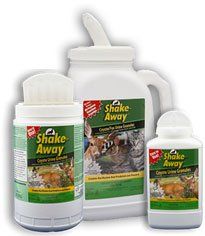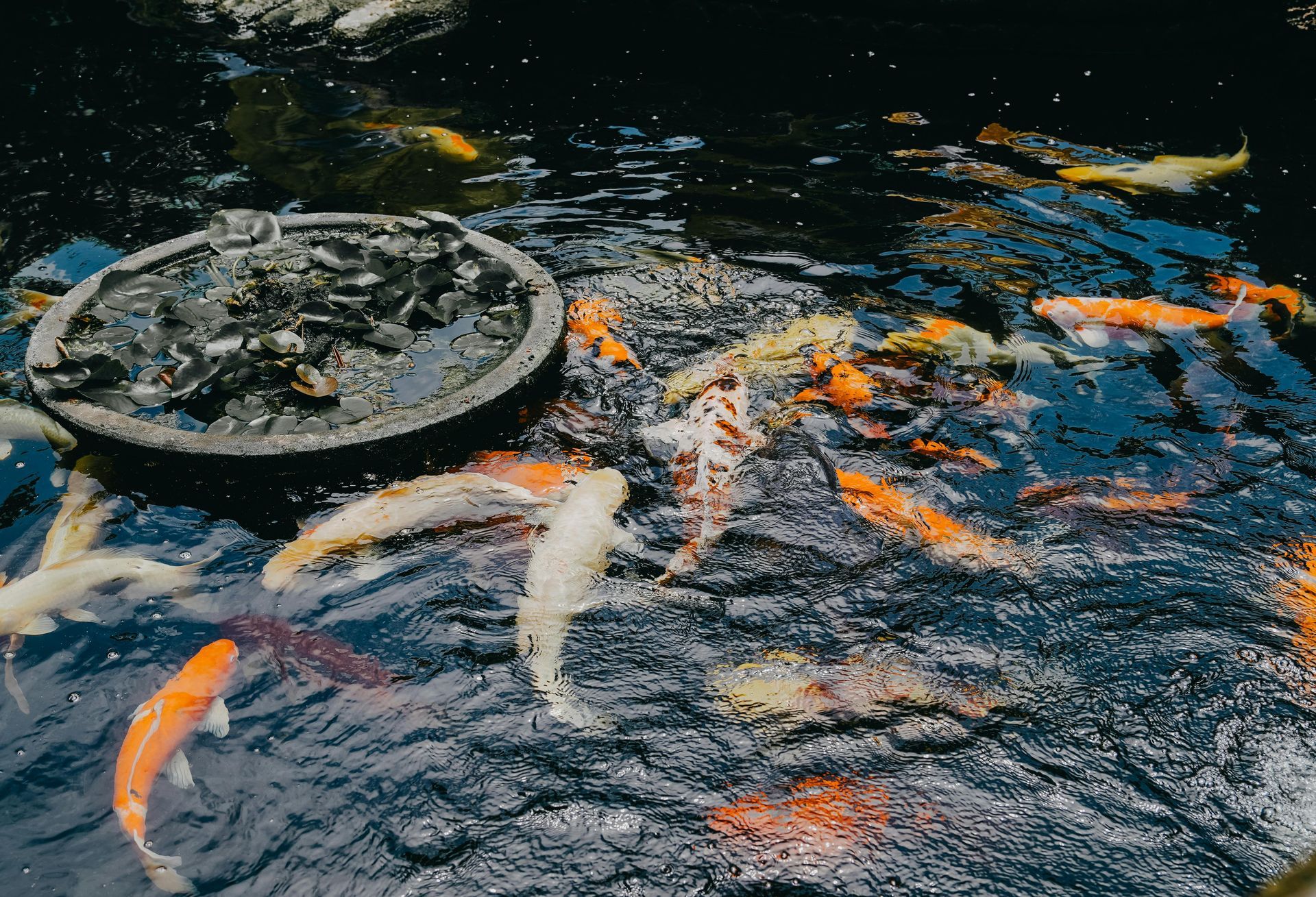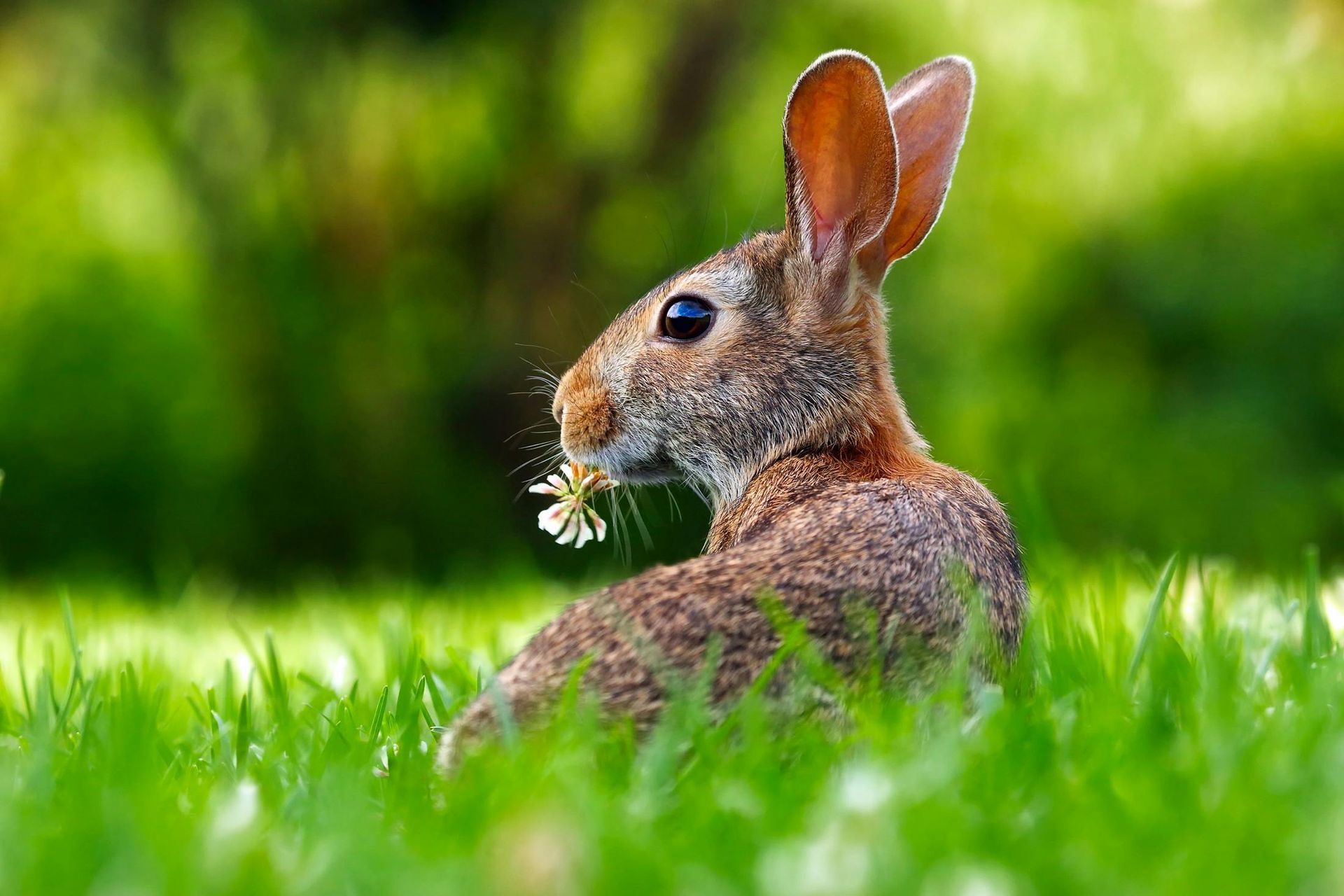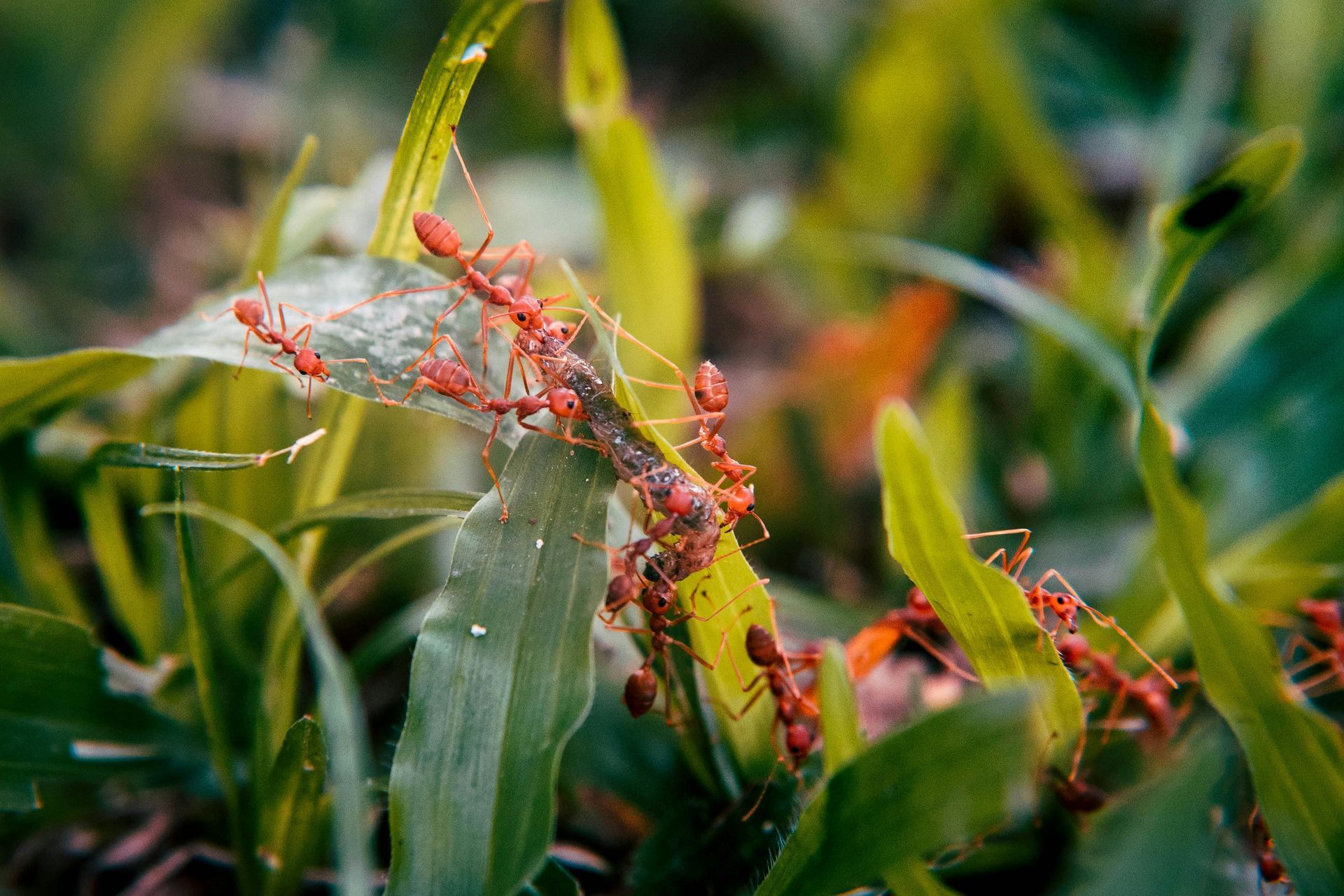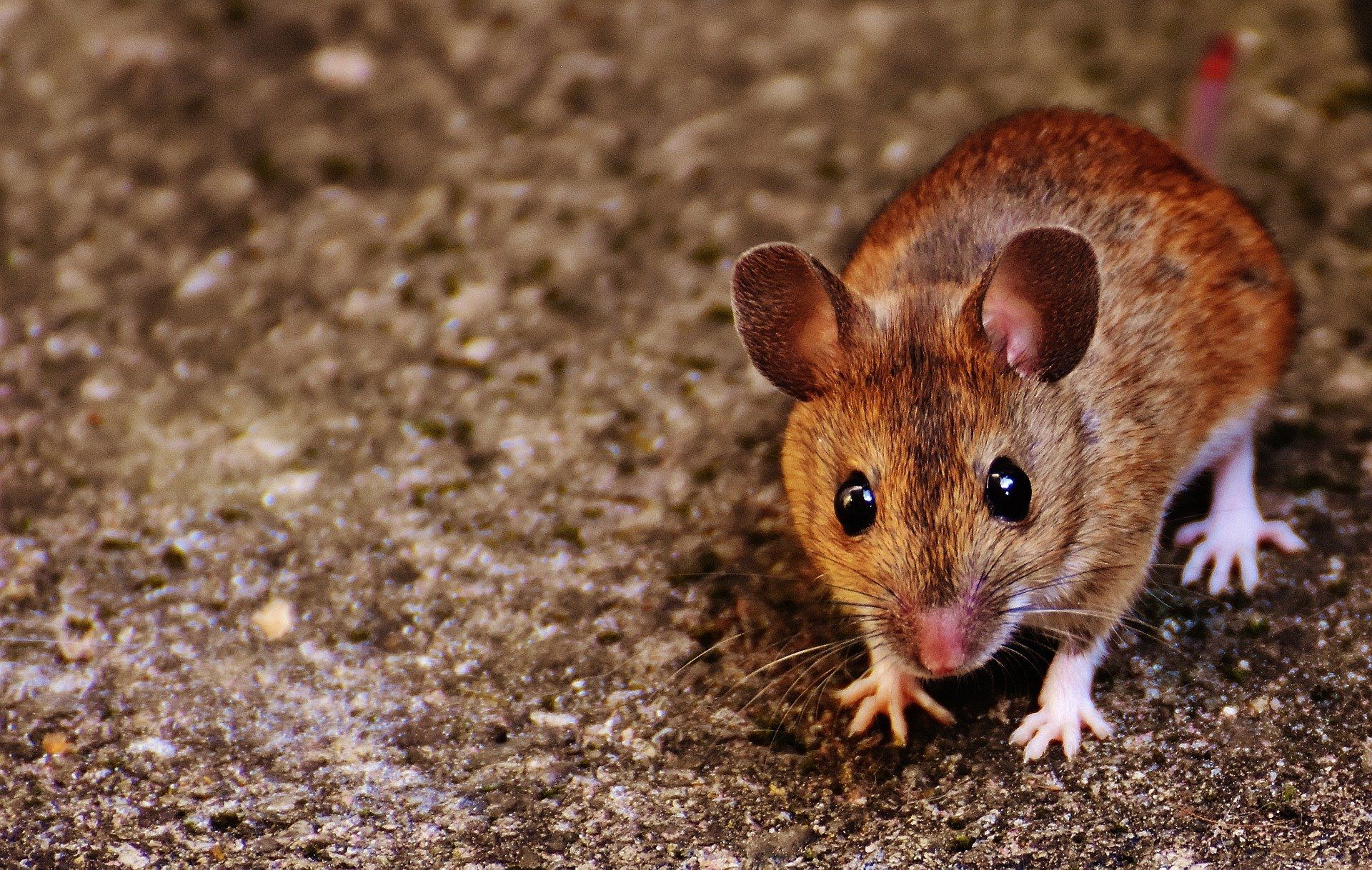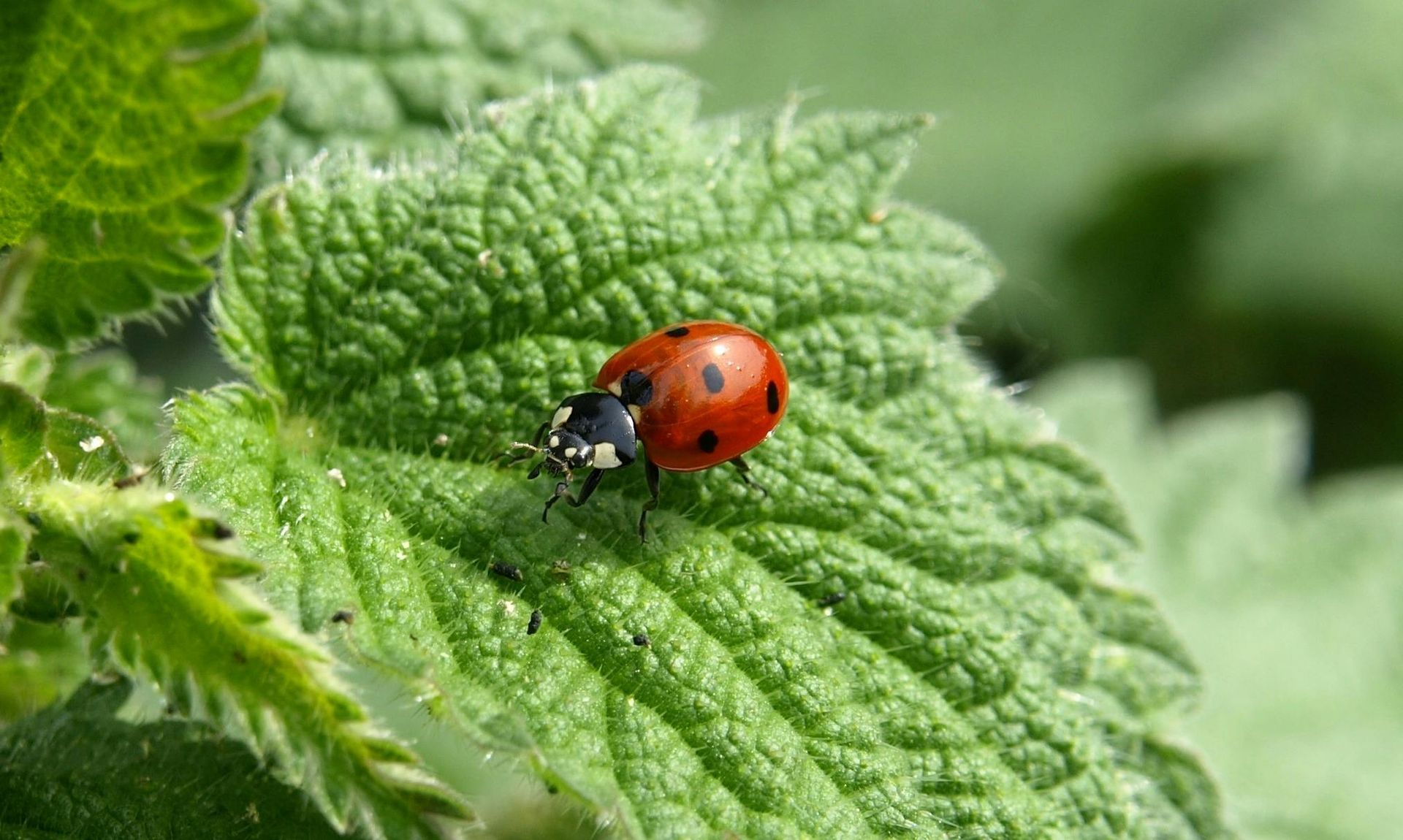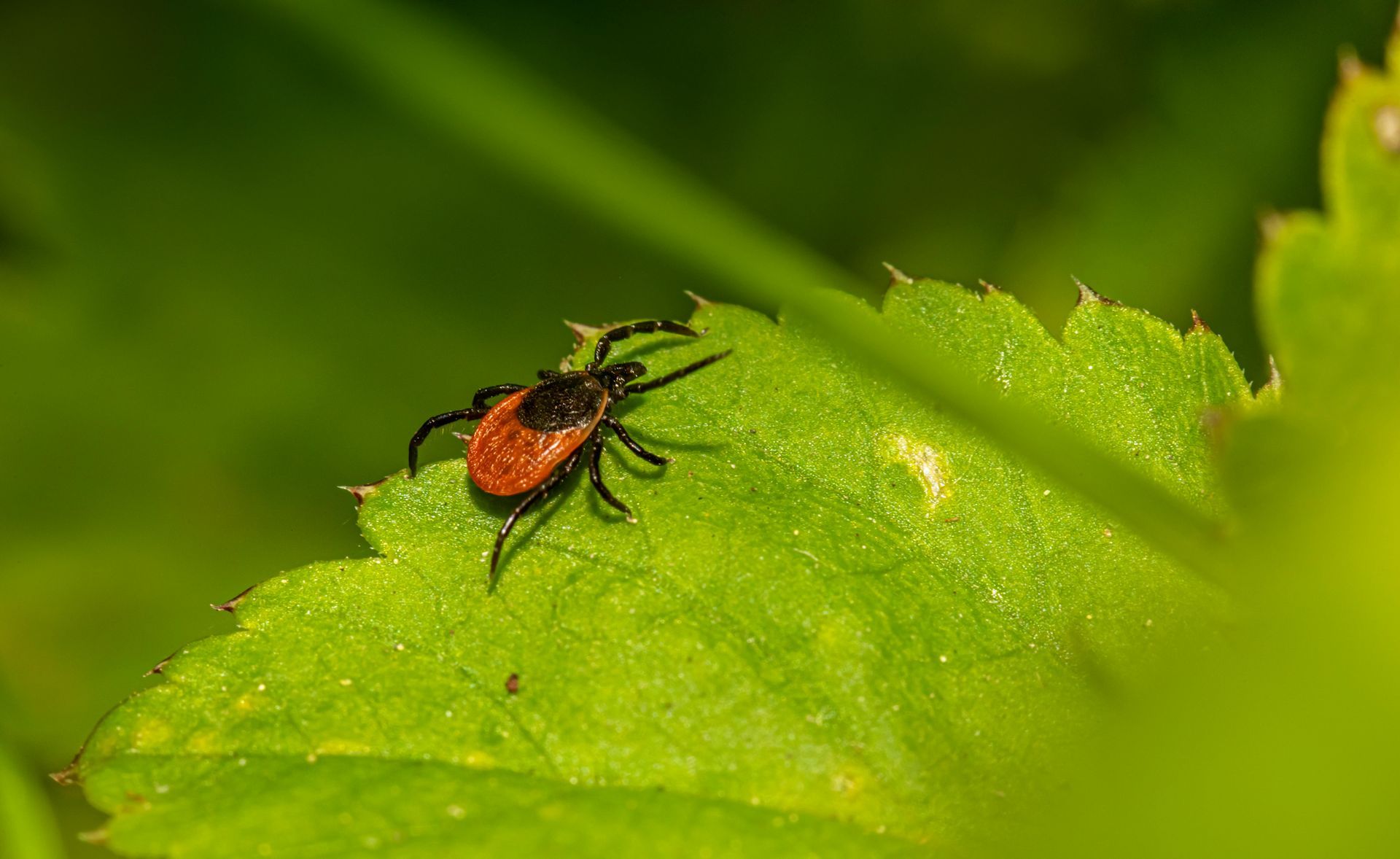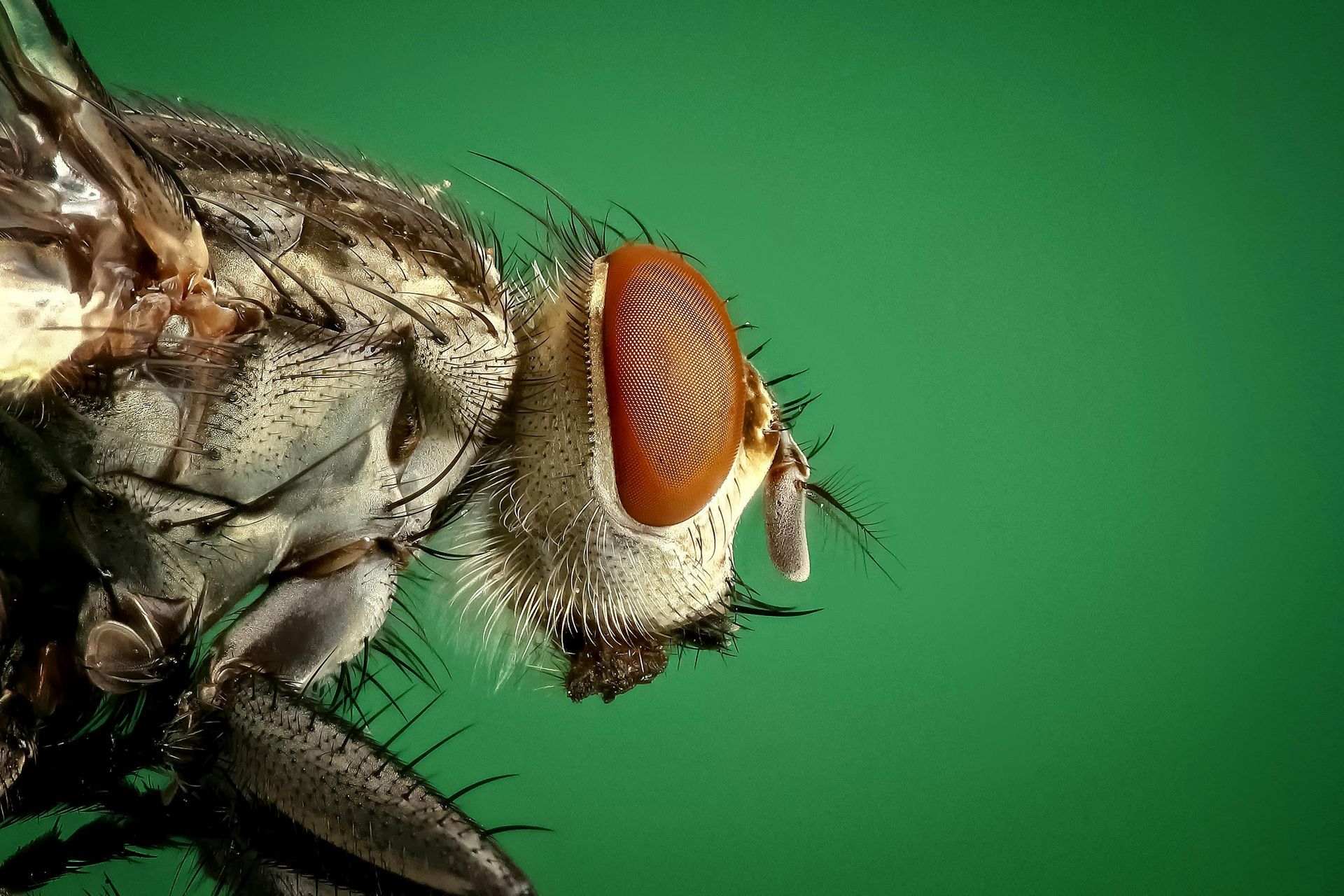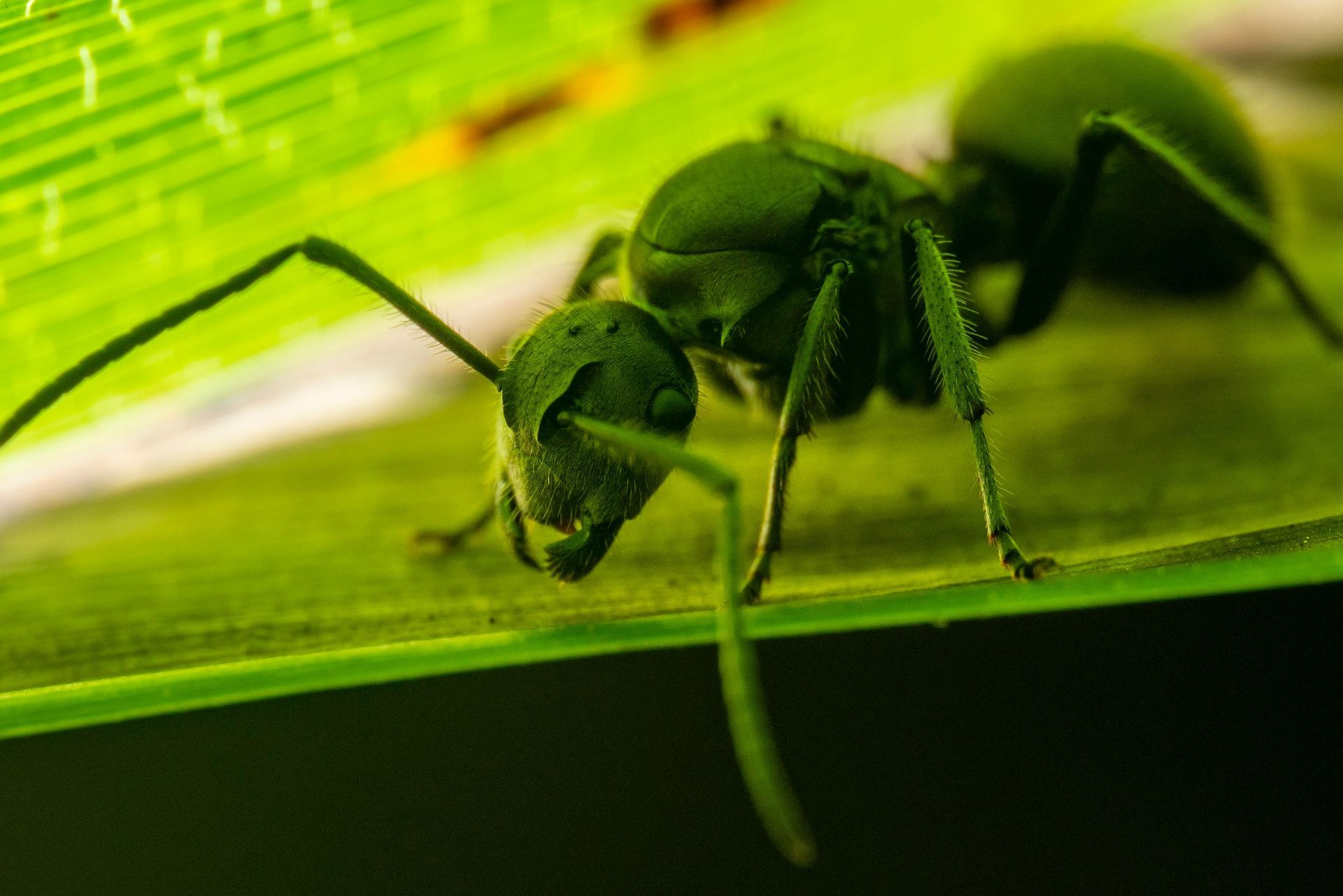Eeek! How Do I Get Rid of the Racoon in My Yard?!
Critter-Repellent.com Staff • July 8, 2020
Raccoon are tricky, but you can be rid of them

Racoons are amongst the most wily critters that you could find on your property. The little bandits can be found digging through your garbage, living under your porch, or helping themselves to the flora that you’ve curated in your yard or garden. Racoons are omnivorous and generally not picky with their diets, making anything on your property fair game to sate their chronic hunger – so how do you keep the pesky creatures out? Consider the following:
Fence vulnerable areas
- Perhaps the most simple solution is keeping particularly racoon-vulnerable areas fenced off. Unlike rodent pests, racoons are not particularly sly in their tactics. Installing a chain-link or wooden-post fence around your garden areas and trash cans is often enough to keep racoons from becoming too comfortable in your yard.
Keep your property free of food
- As a supplementary step to fencing vulnerable areas on your property, keeping your space clear of scraps and other foods will give racoons no reason to snoop around your yard. Additionally, keeping any pets that you have groomed and free of racoon-attracting scents will help assure the safety of your yard and your pets.
Consider security options
- For more persistent racoon bothers, there are certain installations that you can make that will frighten the creatures off. On the less aggressive side of security measures, motion-activated flood lights often provide enough of a startle to keep the racoons out of specific areas of your yard. If you don’t find luck with the lights, some homeowners rely on automatic sprinklers to startle and soak the invaders. The sprinklers also provide additional watering to your outdoor plants. If all else fails, you could also consider electrical fencing. Most types of electrical fencing have low settings that only provide enough shock to startle the animals without causing harm.
Stay active on your property
- Noises and human scents typically deter lawn pests. The more time that you can spend outside and active, the less likely racoons are to encroach on your lawn. This of course comes with the need to clean up after your activity, because unlike many other pests, many racoons will prioritize their desire for food over their desire to avoid human contact.
Seal off any potential nesting sites
- Racoons are inherently minimal-effort, high-reward creatures. If there is an easy space in which they can make a home, they will take that space without a second thought. Cracks in foundations, spaces under sheds, and unsealed garages are all prime living spaces for racoons. Assuring that these spaces are sealed off properly will help deter racoons from taking up residency in your yard.
Use a scent-based deterrent
- The most effective choice you can make in deterring racoons from your yard is Shake-Away from Critter-Repellent. An all natural solution to the persistent pests in your yard, Shake-Away is proven to push animals from your yard and keep them gone. Our non-toxic, easy to apply formula comes with a 100% satisfaction guarantee. For more information, read about our racoon deterring formula here.
Have other pests invading your yard? Check our full line of products for any of your critter repelling needs.
Critter Repellent All Natural Animal Repellent Blog
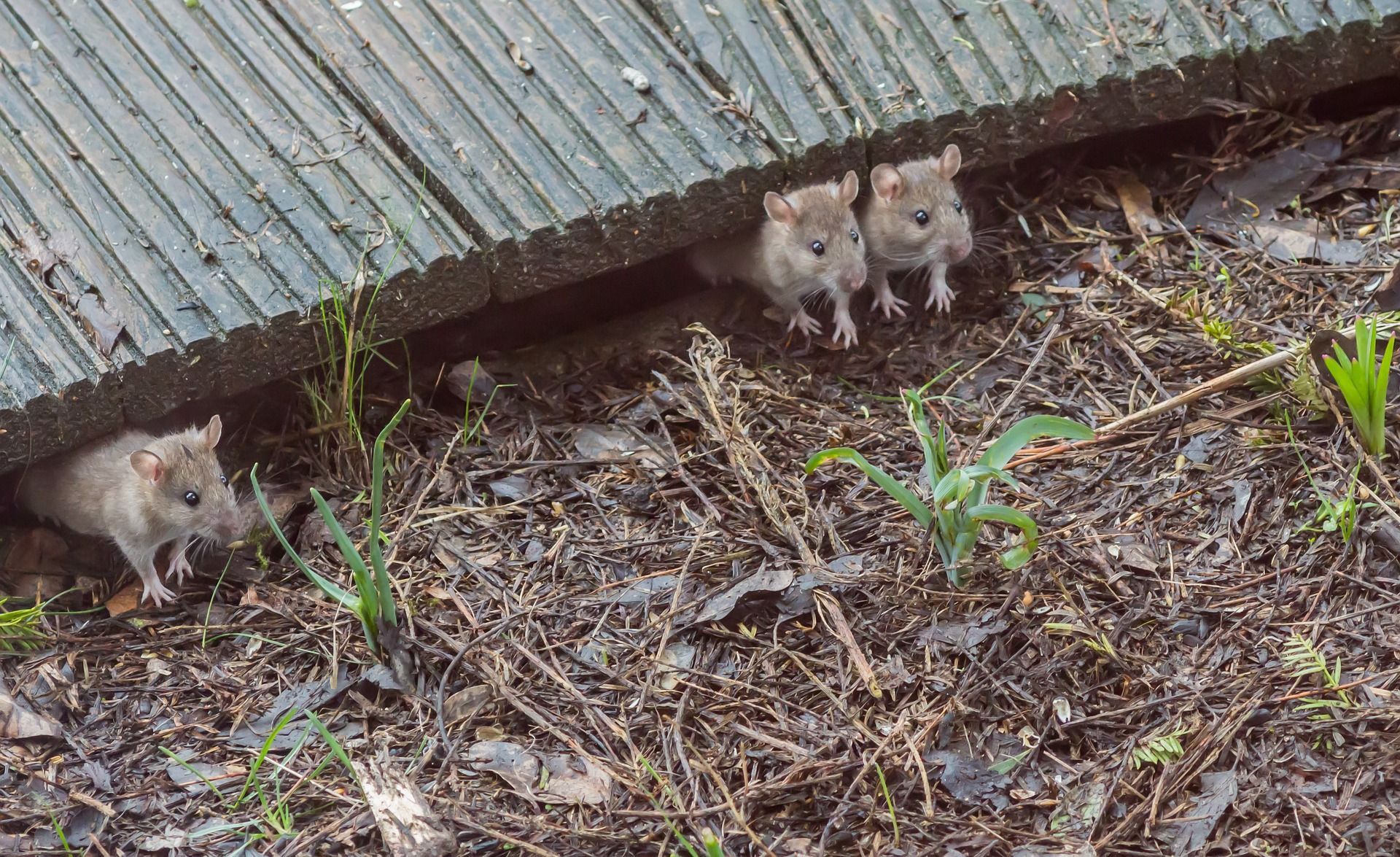
The last thing you want to see running around your house is a mouse. And where there is one, there are more. Whether it’s mice, ants, spiders, squirrels, or any other type of rodent, bird, or insect infestation, ignoring those critters can get very expensive in the long run. When it comes to remediating or protecting your home from infestations, the cost of doing nothing can lead to a big dent in your wallet. Keeping house pests at bay is important, especially if you’re planning to put the home on the sales market. How much does it cost to keep the house and property pest-free? That depends on where you live, what types of services needed, and how often the home is treated. But one thing is for sure, it’s easier (and more cost-effective) to prevent house damage than to fix everything after critters have chewed up wires, plumbing, foundation, and the yard. Potential Structural Damage Squirrels, moles, voles, rats, and mice are part of nature, but the damage that even one of these critters can do to a home can run into thousands of dollars. With sharp teeth that never stop growing, squirrels and rodents must “file down” their chompers so they don’t interfere with eating and drinking. Thus, a squirrel’s chewing habits can damage house support beams, siding, and anything else that holds the structure up. The costs to repair the building depend on the severity of the damage. Birds’ nests and clogged gutters are signs that unwanted critters are in the building’s drainage system. Replacing damaged gutters can cost several thousand dollars—to start. On average, it’ll cost between $1,600 and $5,200 (depending on size, materials, and labor costs). Wiring and Insulation Chewed-up electrical wiring is not only a hassle but it can be very dangerous. Mice, rats, squirrels, and other critters will gnaw through wires, not knowing that they can electrocute themselves but worse — start a house fire. Homeowners won’t necessarily see exposed wires around the house. Examining the house structure and wiring allows owners to know what to budget for. Pests and vermin living in the attic may tear up insulation to use for nesting materials. Depending on the size of the house, insulation costs can be anywhere from $1,600 to $8,000 on average. Termites When it comes to destructive insects, termites are at the top of the list. These icky little bugs chew through wood almost as quickly as a cartoon buzzsaw. And the worst thing? In general, homeowners’ insurance does NOT cover termite damage. Signs of termite infestation and damage include: Chewed up or hollow wood Blisters or buckling in the flooring Discarded termite wings Bubbling paint Strips of mud tubes along crevices Damaged support beams Tapping sounds in the walls The cost of repairing termite damage can range from a few hundred to a few thousand dollars—or more, depending on what part of the house is torn up and what needs to be done. Preventing termites in the yard and hiring a professional exterminator are two ways of keeping these hungry critters away from your home. Pest Entry Points Cracks and crevices are easy access points for mice, insects, wasps, and other pests. Unscreened vents and windows, loose shingles and siding, and chimney gaps are entry points for bugs and mice. Not having trees and shrubs around the perimeter of the house won’t prevent squirrels and mice from coming onto your property, but keeping greenery away from the structure would deter critters from having direct access to it. Perceived Value Whether your house is currently for sale or it’s a plan for the future, having pests and vermin roaming around the property can keep the buyers away. Among the financial considerations, house-hunting taps the emotions of the would-be buyer. No matter what the item is, perceived value is a customer’s view of whether it is worth the money. An infested home has lost its marketing value, especially if a mouse runs across the floor during the negotiating stage. The cost of doing nothing when you should be doing something can lead to a huge repair bill and maybe even a home improvement loan or second mortgage on your house. Ignoring the problems won’t make them go away. If wildlife and insects are damaging your home, do something about it sooner than later.


